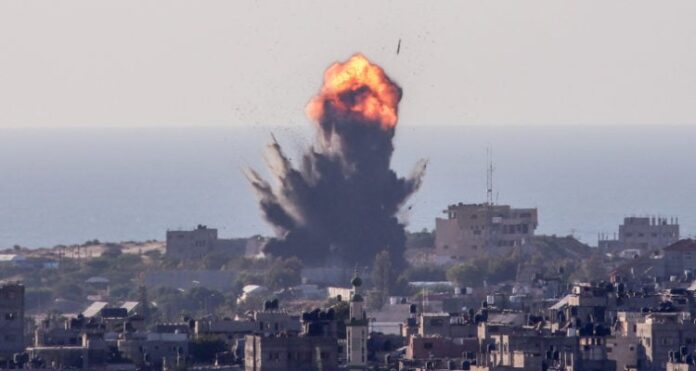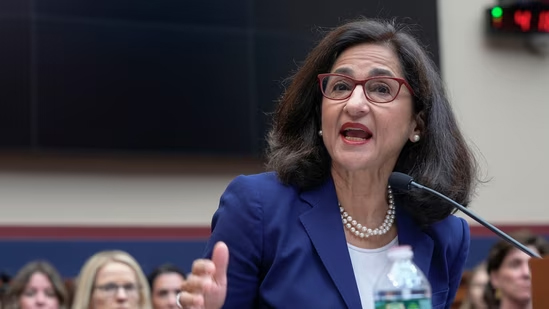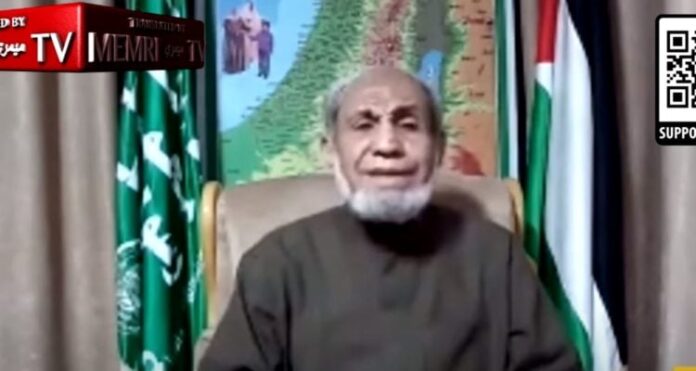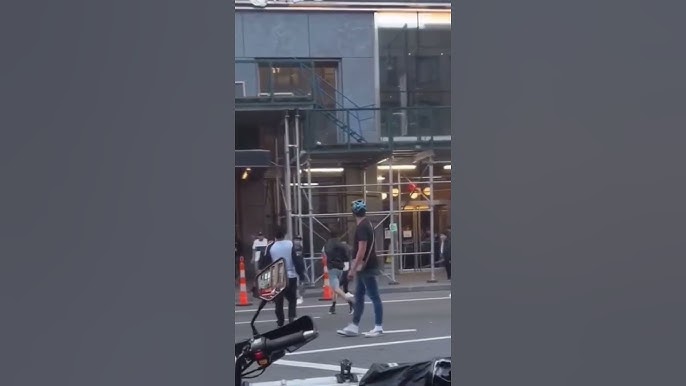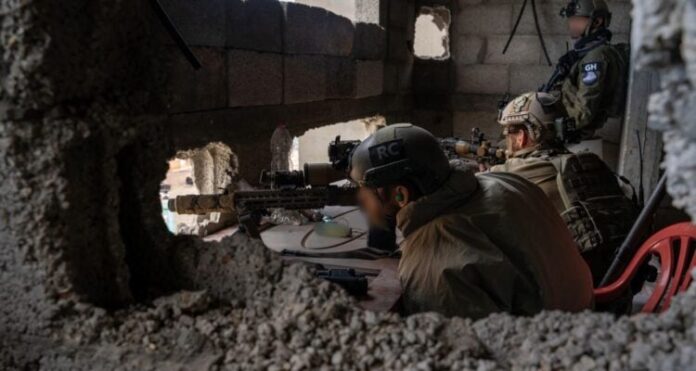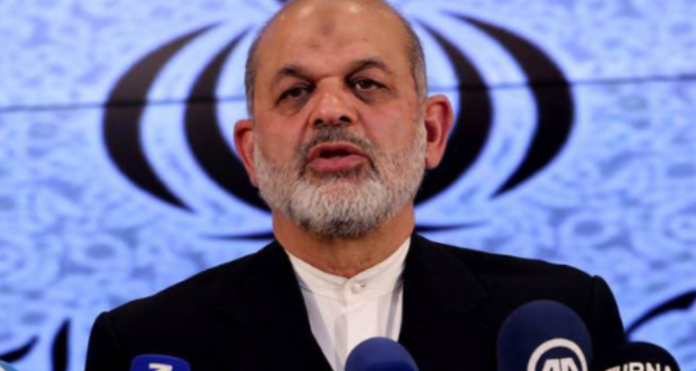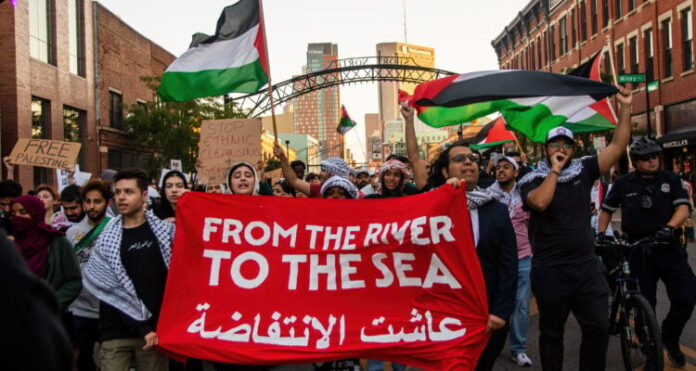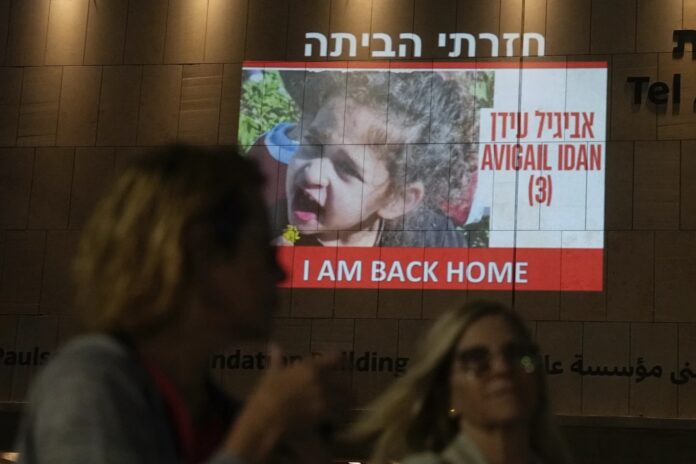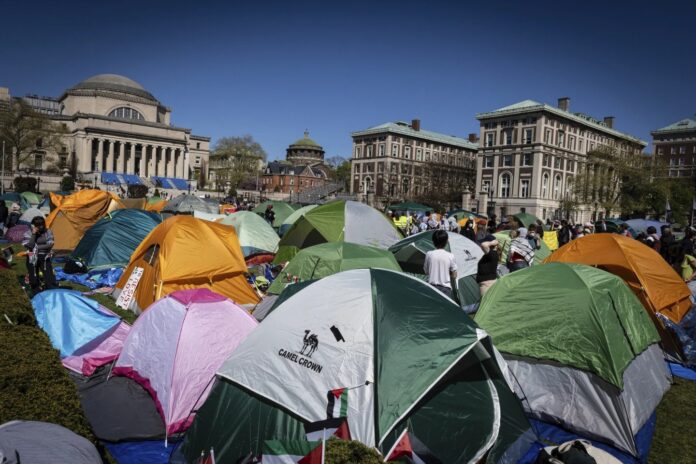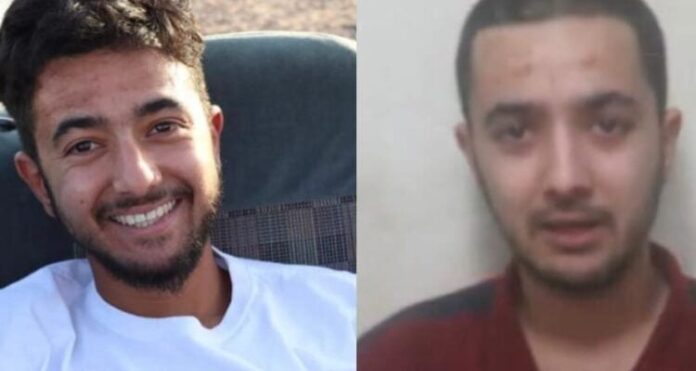Rumor Mill: Jeff Bezos’ Alleged Bid for Howard Stern’s Palm Beach Estate Sparks Speculation
Edited by: TJVNews.com
In the luxurious enclave of Palm Beach, Florida, where whispers of extravagance and opulence abound, the latest talk of the town revolves around a rumored real estate transaction involving two titans of industry: Jeff Bezos and Howard Stern, as was recently reported in The New York Post’s “Page Six.”
According to insiders familiar with the matter, speculation has been rife that Jeff Bezos, the billionaire founder of Amazon, made a jaw-dropping attempt to acquire Howard Stern’s prestigious Palm Beach residence for a staggering $300 million, according to the information in the Page Six report. The whispers of this potential transaction have sent shockwaves through the affluent community, with residents and observers alike captivated by the notion of one high-profile figure acquiring the property of another.
Fueling the rumors further, Palm Beach magazine Palmer recently posted a cryptic blind item on Instagram, hinting at the culmination of Jeff Bezos and his partner Lauren Sanchez’s house hunt with the purported purchase of a sprawling 2-acre oceanfront estate owned by another prominent local couple, as was detailed in the Post’s Page Six. The post, under the title “Rumor Has It,” tantalizingly suggested that the sale price could surpass the eye-watering sum of $300 million, adding to the intrigue surrounding the supposed transaction.
However, when confronted with inquiries about the alleged sale, conflicting accounts emerged. Indicated in the Post’s Page Six report was that one local source vehemently denied the rumors, asserting that Howard Stern had rebuffed Bezos’s advances, declaring the property not for sale, even at an exorbitant offer of $500 million. This assertion adds a twist to the narrative, suggesting that Stern may have declined a substantial windfall in favor of retaining his prized residence.
Sources close to both Jeff Bezos, aged 60, and Howard Stern, aged 70, have also refuted the rumors, dismissing the speculation as entirely unfounded. The Post’s Page Six report also noted that despite the fervent chatter circulating among Palm Beach’s elite circles, these insiders maintain that there is no truth to the purported real estate deal, quelling the speculation surrounding the potential acquisition.
Instead, Bezos has made headlines for his acquisitions on the coveted Indian Creek Island, where he recently purchased three mansions for a combined sum of $237 million, a staggering display of his immense wealth and penchant for luxurious living, as was affirmed in the Post’s Page Six report.
Meanwhile, Howard Stern, the iconic shock jock and former “America’s Got Talent” judge, has reportedly refuted the rumors of Bezos’s interest in his Palm Beach property, according to sources familiar with the situation, Page Six reported. Stern, known for his outspoken nature, has purportedly informed his close associates that there is no truth to the speculation surrounding Bezos’s supposed bid for his sprawling oceanfront estate.
Stern’s own real estate ventures have been the subject of speculation as well. In 2013, he reportedly acquired a lavish Palm Beach property for $52 million through a trust, embarking on extensive renovations with his wife Beth Stern, estimated to cost around $13 million, as was reported by the Post’s Page Six. The couple’s investment in their Palm Beach abode calls attention to the allure of the coastal enclave and the desire for unparalleled luxury among the elite.
The allure of Palm Beach and Indian Creek Island extends beyond their picturesque landscapes to the exclusive communities that inhabit them. The information contained in the Page Six report revealed that Indian Creek, often dubbed the “Billionaire Bunker,” boasts an array of high-profile residents, including NFL legend Tom Brady, political power couple Ivanka Trump and Jared Kushner, and smooth crooner Julio Iglesias. Bezos’s presence among this elite cohort further cements the island’s reputation as a playground for the ultra-wealthy.
Despite their disparate backgrounds and lifestyles, Jeff Bezos and Howard Stern share a curious coincidence: they both celebrate their birthdays on January 12, the Post’s Page Six noted. Beyond this shared quirk, the two luminaries occupy different spheres of influence, yet find themselves entangled in the intrigue of Florida’s elite real estate market.
As the rumors swirl and speculation mounts, the truth behind Bezos’s property pursuits and Stern’s real estate holdings remains shrouded in mystery. Whether these whispers ultimately materialize into concrete transactions or dissipate into the ether of celebrity gossip, one thing remains certain: the allure of luxury living in Florida’s most coveted enclaves continues to captivate the imagination of the rich and famous.


